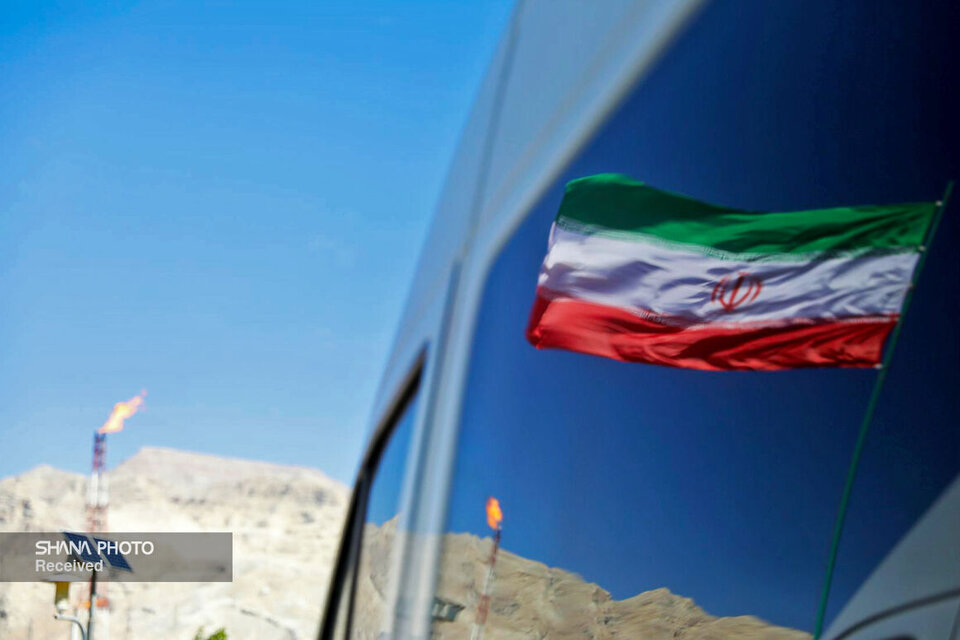The Ministry of Oil was not just a government body during this 12-day war; it was a fortress. With intelligent leadership, tireless engineers, and a workforce united from top to bottom, it safeguarded the country’s energy security.
Responding to the crisis within hours of the attacks, the ministry activated pre-planned measures. Full operational readiness, maintaining production across the value chain, rapid repairs to damaged sites in South Pars Phase 14, Fajr Jam, Shahran and Ray storage facilities, protecting energy and cyber infrastructure, and transparent communication with media and the public turned a potential crisis into a national strength.
Records amid threats
While citizens anxiously lined up at fuel stations, the oil industry achieved unprecedented milestones—including distributing 200 million liters of gasoline daily, a 50% increase over normal supply. Smart inventory management and securing distribution systems ensured stable energy supply throughout the war. The secret to this resilience? Unity in the chain.
Iran’s oil industry did not operate in isolation but as an interconnected system. If upstream oil and gas production faltered, refineries would struggle. If midstream transport failed, homes would lose gas and hospitals would be left in the dark. Downstream, refineries kept working at full speed. Export terminals continued loading without pause, and urban fuel stations operated seamlessly.
In this 12-day war, the response to the enemy was not just missiles—it was smart systems, cyber teams, and unsung engineers who ensured the adversary gained no ground.
Under the 60-degree sun, on platforms of pride
For 12 days, as temperatures in the South Pars gas field soared to 50-60°C, workers stood not in the shade but under the scorching sun. These were the men who labored not in control rooms but on the front lines of oil facilities, performing their duty with unwavering resolve.
On offshore platforms like Kharg, Lavan, and Siri, and onshore in Asaluyeh, South Oil-rich Regions, and West Karoun, they stood firm despite direct threats from the Zionist regime. They stood because they knew that even a moment’s hesitation could leave a home in darkness. They stood because oil is not just fuel—it is national honor.
Duty beyond demands
Oil workers have rightful demands—fair wages, livelihoods, job security. But when the nation is at stake, when news of bombings in Phase 14 arrives, they do not look at paychecks or overtime. They look at the flag. At the soil. At the families waiting for them. That is why, under the scorching southern sun, amid threats and danger, they kept the oil valves open and refinery flames burning.
Oil workers, often stationed far from home, faced the hardest part of their jobs during the war: separation from loved ones. Even as explosions dominated the news, they never stopped working. While the enemy sought to paralyze the oil industry through fear and war, these unsung men and women—from upstream to downstream—kept the nation’s energy flowing with unwavering courage. Not for a single moment did they let it stop.


Your Comment